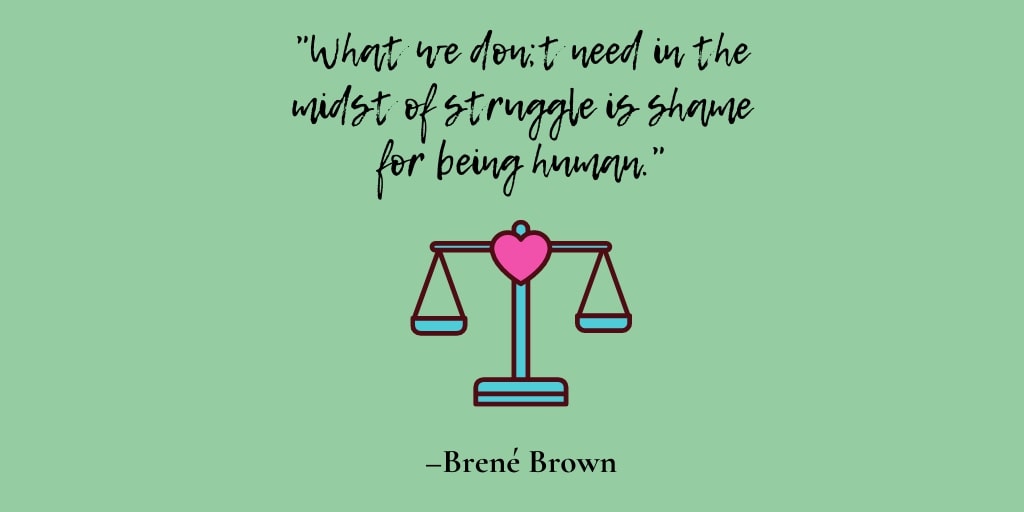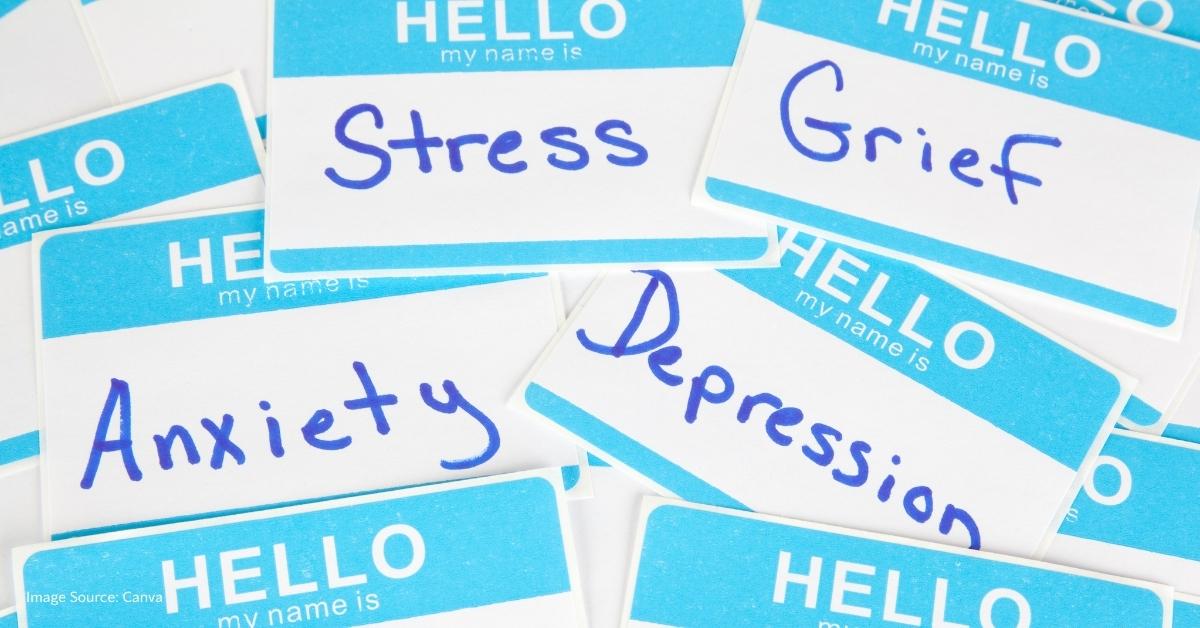Written by Anindita | Reviewed By John Victor | Updated On September 22, 2022
.jpg)
Listen to this article in Audio
Sigmund Freud pretty much shook the academic world with his psychoanalytic theory. In his theory of psychosexual development, children were attracted to the opposite-sex parent, spending a particular stage trying to compete for their attention against the same-sex parent.
Components of consciousness such as ego and superego were developed based on their experiences with reality and moral principles, thus passing the buck onto the parents for how their child turns out to be. Though these ideas are not widely accepted anymore, modern-day theories highlight that parents play a major role in shaping the core beliefs of their children. The influence may be direct, for instance, when parents explicitly teach their ideals, or indirectly by acting as models of rewarding behavior.
On the other hand, children yearn to connect with their parents, lapping up all cues they get from them. The concept of attachment styles emphasizes how security in a parent-child relationship acts as the base for future social interactions. In a popular experiment termed the ‘Still Face Experiment,’ a parent is unresponsive to their child and assumes a poker face. In a mere three minutes, the child undergoes a range of negative emotions, trying out different ways to obtain a response, only to be dejected and stop making any attempts. When the parent starts responding again, we notice an instant change in the child, who resumes playing with the parent.
While acknowledging the trauma and emotional wounds some of us may be still carrying due to some negligent decisions made by our parents, there is also a section of people who blame their parents for their present-day behavior as a coping mechanism. More often than not, parents are put on a moral pedestal, infallible from their grace, not susceptible to making the same mistakes and having shortcomings like any other human being. It is important to cut them some slack and to do so without invalidating your emotions or experiences. Here are some reasons which could help us out in the process:
Theories that propose the pervading influence of parents on children have explained to people who have found catharsis after understanding and reliving childhood abuse or neglect, thereby minimizing or coping with the effects of persisted until adulthood. This was also a call out to many parents who had provided sporadic affection to their child, or in many unfortunate cases, been their abusers. While abuse remains unforgivable, it is also important to go easy on our not-so-woke parents.
Arguments in favor of parents taken from: https://markmanson.net/parents
.jpg)
Parenting-Kids
6 Helpful Ways To Cope With Working-Mom Guilt | Reevin
Parenting-Kids
Small Steps For Building Parent-Child relationship | Reevin
Parenting-Kids
What is Behind The Feelings of Shame?
Parenting-Kids
How To Deal With Impending Mental Health Crisis?Anindita (she/her) is an undergraduate-level psychology student from Delhi. Having deep regard for mental health, she aims to create a safe space for those who wish to be heard, and impact-oriented conversations about the current state of affairs pertaining to mental health sensitivity in India, with a special interest in intersectionality and Indian philosophy.
She is also an arm-chair tea critic, cat lover, and cinema enthusiast who wishes to run across a watercolor sky every chance she gets.